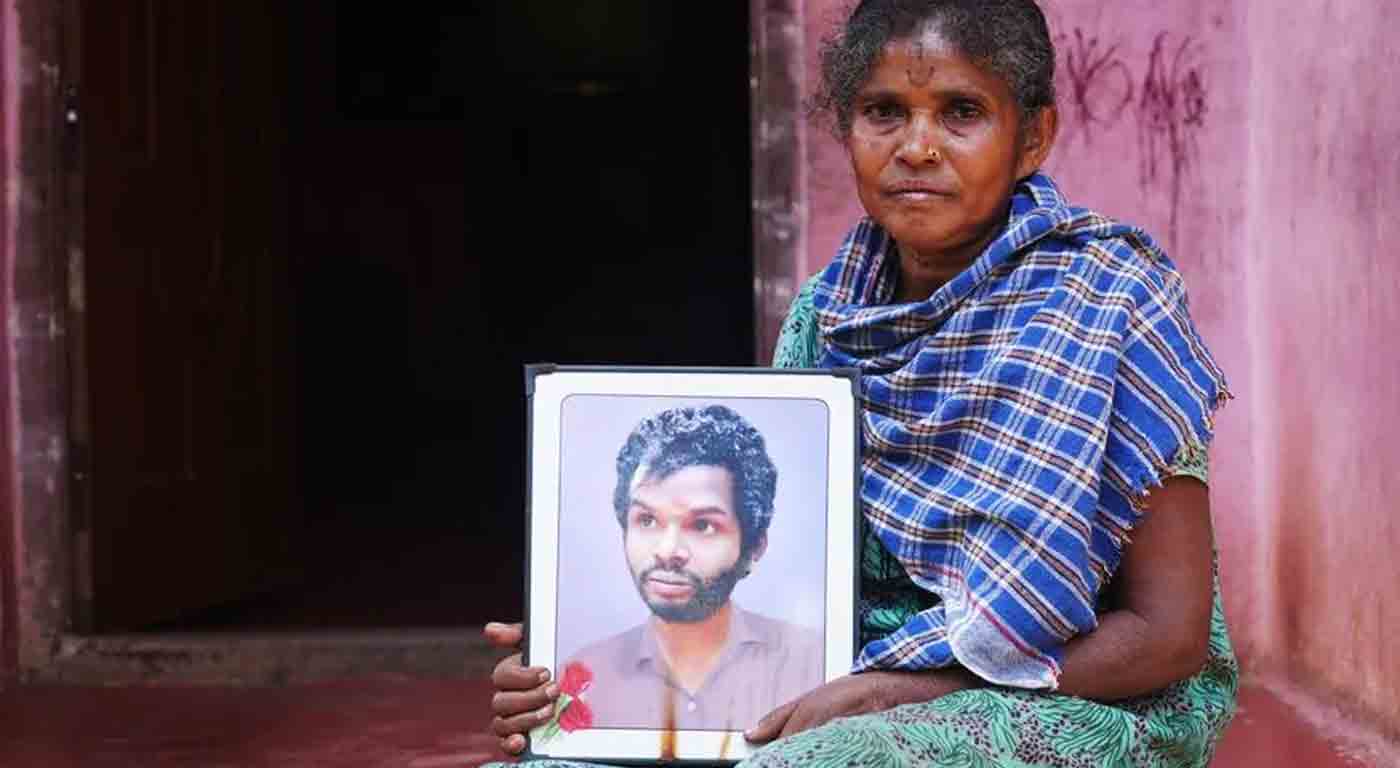The final verdict on the Madhu murder and mob lynching case was issued on 5 April 2023 by the Special Court for Scheduled Castes and Scheduled Tribes, Mannarkad, Kerala. This convicted 14 out of the whole 16 accused in the case that led to the merciless killing of the 27-year-old Tribal man named Madhu on 22 February 2018 in Attapady, Palakkad district of Kerala. Madhu was accused of stealing grocery items from a nearby store which led to his forceful capture and assault ending in his death.
“… We received mixed responses regarding the judgement that gave me both joy and regret. Regret because the atrocity act was not given due importance which led to the freeing of the two accused. At the same time, Section 325 was also neglected by the court. Therefore, there was some point missing in the interpretation of the court. The reason for my joy is that, Madhu’s case is not a single incident in the history of Attapadi, even after his death, there were many other Madhus who were mob lynched. But this is the single instance where the culprits were caught and punished, and this gives me joy...”
V. M. Marsan, The leader of Niti Samara Samiti
The video of the mob lynching taken by the accused in the Madhu killing served as a mirror to the horrendous crime that was carried out in the so-called literate space of Kerala. The innocent face of Madhu with his hands tied up in his dhotis, being beaten without any resistance attracted the guilt of Kerala society.
From the registration of the case back in 2018 began a long trail of accusations, false witnesses, change in public prosecutors and the like. The involvement of politicians to crunch the case is another element which badly influenced the case. All except one accused have to serve seven years of rigorous imprisonment and a fine. Thirteen of the accused will also have to individually pay a fine of more than one lakh as well. Meanwhile, Madhu’s mother is applying for an appeal to question the relieving of two of the accused freely.
Also Read: The Lynching And Murder Of Madhu Chindaki: The Powerless Have The Right To Live
V. M. Marsan, the leader of Niti Samara Samiti (for Dalits) spoke to FII with respect to the verdict. According to Marsan, “… we received mixed responses regarding the judgement that gave me both joy and regret. Regret because the atrocity act was not given due importance which led to the freeing of the two accused. At the same time, Section 325 was also neglected by the court. Therefore, there was some point missing in the interpretation of the court. The reason for my joy is that, Madhu’s case is not a single incident in the history of Attapadi, even after his death, there were many other Madhus who were mob lynched. But this is the single instance where the culprits were caught and punished, and this gives me joy. . . the second thing is that there is this public consciousness that none of the Adivasis from Attapadi should move legally against the oppressors rather they should remain to tolerate all the persecutions. It is completely erased from the mind of the people with this verdict. Lastly, of the long number of witnesses, 24 of them turned hostile yet, 14 of the 16 accused are punished. It’s a big victory for the entire community. Anyway, our struggle for equality and justice will continue..”
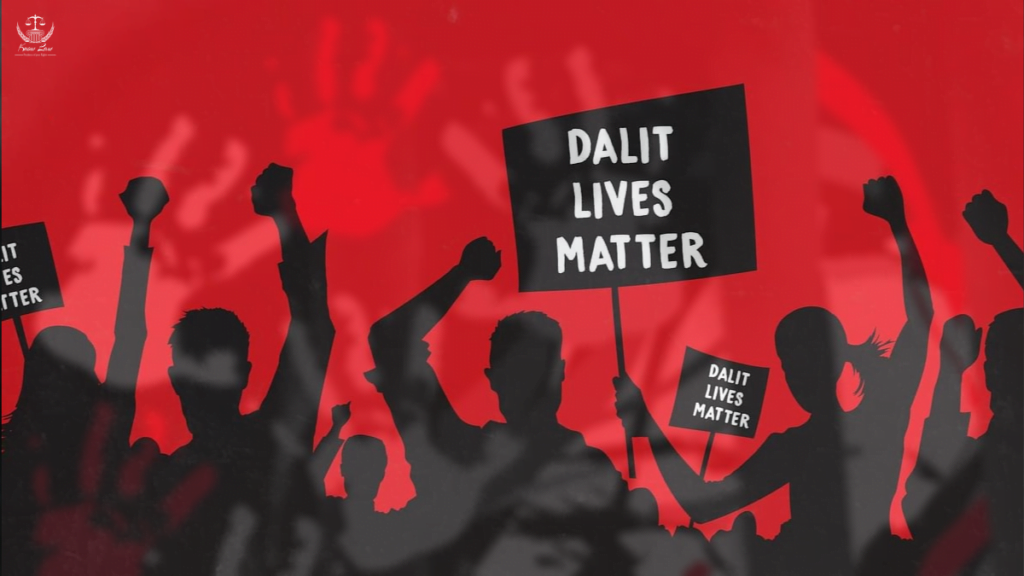
The public prosecutor Rajesh M. Menon was the one who ultimately worked to shed light on the issue revealing the truth. While the rest of the three public prosecutors were all changed one after the other due to serious inactions on their part. Nevertheless, Rajesh M. Menon was not given his fee due from the Government, according to the newspaper report in Malayala Manorama. He was only awarded an amount that would meet his expenses to investigate and collect shreds of evidence.
Similar incidents
On 10 March 2023, a tribal youth named Vysakh was subjected to mob lynching in Kottekad, Palakkad district of Kerala which led to his death in Thrissur Government Medical College. This is one among the many under-reported and neglected news of Dalit or Tribal oppression in the country. Another incident is the death of the 46-year-old Tribal man Viswanathan who was lynched on accusations of a mobile theft that led him to the extent of suicide due to humiliation.
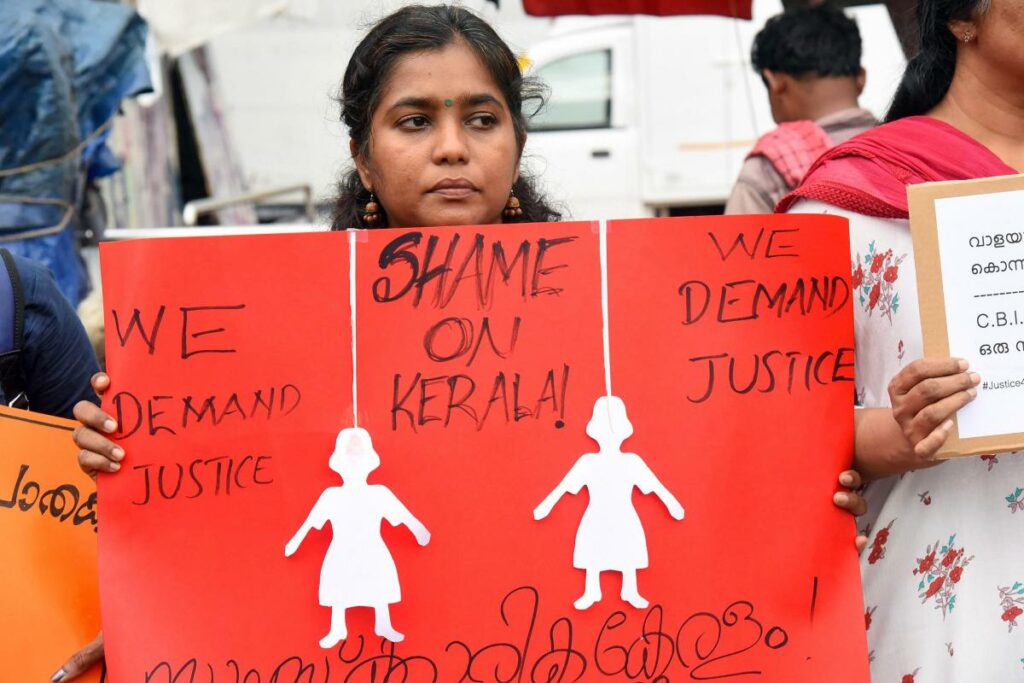
Walayar case where two minor Dalit girls were found hanging and the Kevin murder case are just a few of the most horrendous atrocities against the Kerala Dalits. Walayar case 2017 is another long tale of the continuing fight of a single Dalit mother for the rape and murder of her daughters. The court had ordered a re-investigation and re-trial of the case because it also witnessed a large array of false witnesses and the involvement of some major political party workers. Kevin’s murder case was labelled and tagged off as a pure case of honour killing but, the greater implications it projects before the community is that of a warning nature.
Madhu: Representative of a depressed community
The Madhu case is not the end-all or be-all before society. It becomes only a part of the long trail of issues faced by the Dalit-Tribal community in the country. For instance, Madhu is a representative of the community that is mentally depressed as well. Madhu remained aloof from society and resided in the forest due to his mental illness. Madhu suffered from depression from 2001-2002, when he went away to study carpentry but, he could not complete his studies and came back home. And, like him, the different forms of mental health issues like anxiety, schizophrenia, depression, etc. are common among the Dalits and Adivasis.
“Every day many news concerning the Dalits surges up, some go reported whereas, the others remain unreported. Even the media is coloured and shaped by some forces. At the end of the day, we remain Madhus who are at the mercy of the powerful . . . The verdict on the Madhu case is hope for many of us, as it serves to protect us at least judicially..”.
Karthikeyan
The mental health of any individual is inextricably tangled with the socio-cultural environment around them. Therefore, social evils like lack of equality, justice, freedom, dignity, etc. can have a serious toll on their mental health. Also, according to Amnesty International, almost 65% of hate crimes in India in 2018 were against Dalits, exposing them to more stress, trauma, etc.
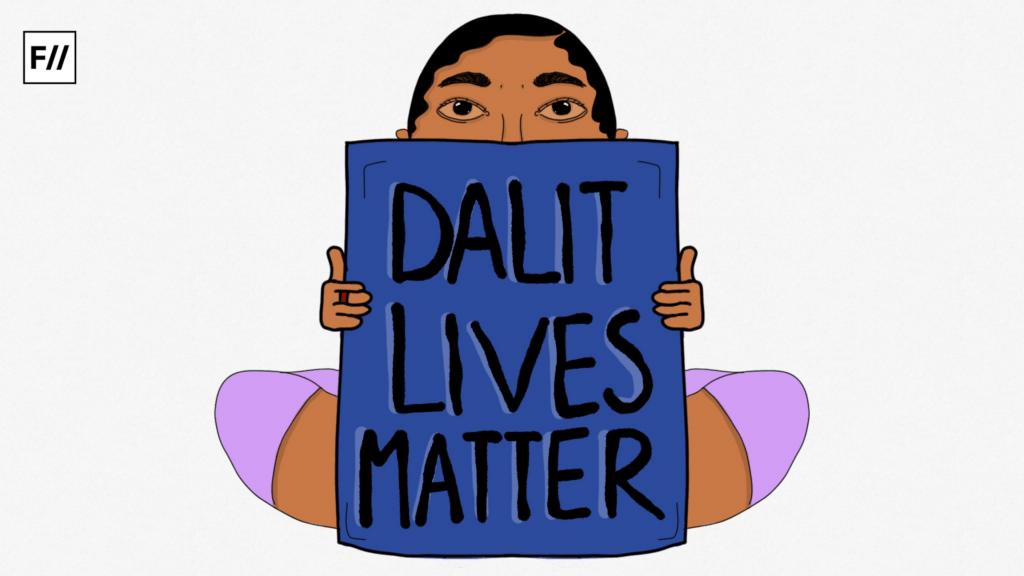
Karthikeyan, a Dalit youth from Kerala, spoke to FII regarding the verdict, “Every day many news concerning the Dalits surges up, some go reported whereas, the others remain unreported. Even the media is coloured and shaped by some forces. At the end of the day, we remain Madhus who are at the mercy of the powerful . . . The verdict on the Madhu case is hope for many of us, as it serves to protect us at least judicially..”.
Almost every week in Kerala, the news of Tribal infant death fills the news either due to malnourishment or lack of medical facilities. These recurrent issues point to the disinterest on the part of the concerned authorities to address their issues. As for the latest one, a four-day-old infant died in Attapadi in March 2023.
In a survey conducted by the psychiatry department in Attapadi in 2017, as many as 363 people were suffering from mental health issues. This number amounts to 1% of the entire tribal population in the region and those suffering from extreme mental health issues are between 1% and 2%. Many of the reports root back the real cause to the age-old oppressive practices and discrimination meted out to them.
In a survey conducted by the psychiatry department in Attapadi in 2017, as many as 363 people were suffering from mental health issues. This number amounts to 1% of the entire tribal population in the region and those suffering from extreme mental health issues are between 1% and 2%. Many of the reports root back the real cause to the age-old oppressive practices and discrimination meted out to them. This is reflected in the demographical status as well, for instance, according to Dr Narayanan V, chief Medical Officier of Sami Vivekananda Medical Mission in Agali, Palakkad district, “In the 1950s, 90% of the Attapadi population were tribes. But according to the 2011 census, the tribal population had reduced to 34%. The existence of the community is under threat and it requires urgent attention“.
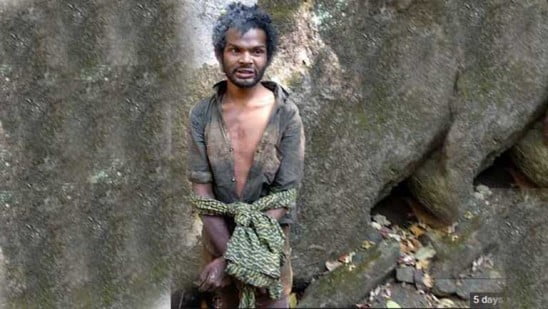
In order to improve the health and living conditions of the Dalit as well as Tribal communities, the government had launched many schemes and projects like the Integrated Tribal Development Project, The National Rural Livelihood Mission, etc. but at the core of these are upper castes who spearhead them. Moreover, these projects purposefully do not include anyone from the Dalit or Tribal communities therefore, all these remain ineffectual in practice. Also, the third parties involved as well as most of the politicians misappropriate the funds involved thereby the projects exist for name sake only.
Also Read: Caste Violence and Mob Lynching: Viswanathan’s Death In Kerala
The issues faced by the Dalit and Tribal population in the country must be read as a whole incorporating the various political, social and cultural factors involved. This is because it is a long story of systemic oppression sprouting from different corners of society. Reading each one of them separately tends to project them only as rare and personal incidents. Also, it is the community who knows their problems and needs, hence all the government projects being formulated and implemented should include the community members both at the institutional and practical stage or, these projects will remain purposeless and in print only.
The media should also take up the issues faced by the marginalised sections seriously, not neglecting them to incidents with a few lines in the corner. Again, the popular culture can take a strong stance and project these issues of the Tribal and Dalit community not as pitiful but as a reality that must be changed.
About the author(s)
Vidhu (she/her) is an emerging writer with Masters in English language and literature, keen on learning the politics of the world around her. She has dreams to create a career in journalism and writing, where she unburdens her self. She has a great taste for movies from varies geographical spans and pens down poetry in magical charms. She is open to projects or research centring on humanities.
